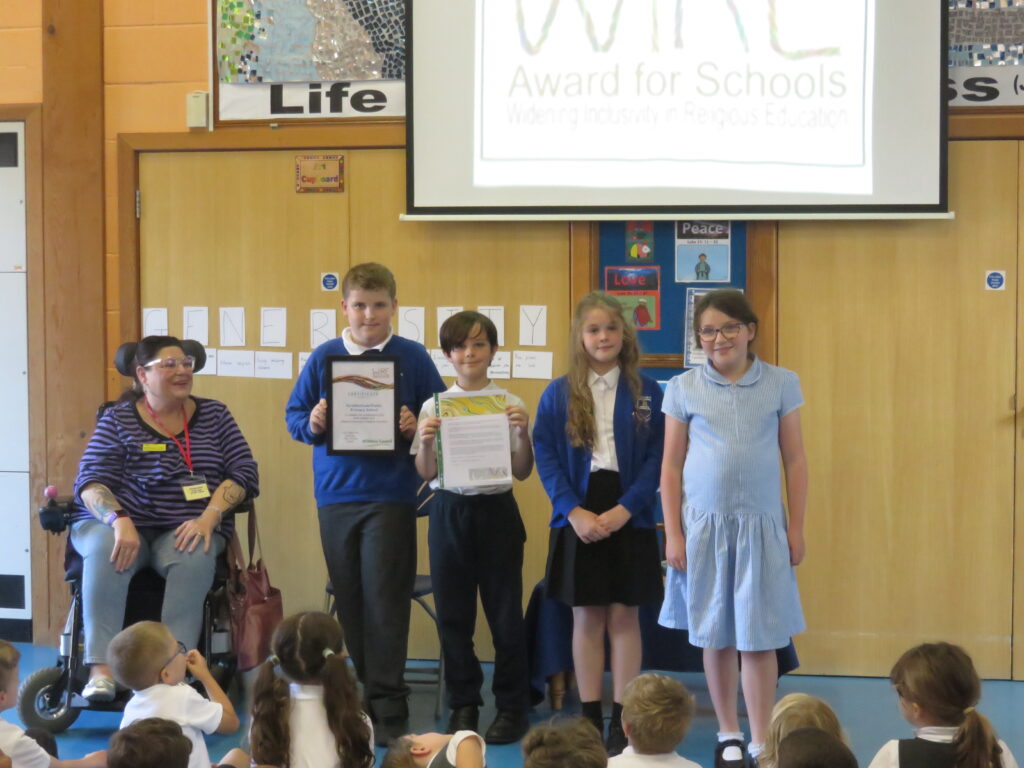RE
Subject Leader: Hannah Crook & Jenny Rudman
Governor: Rev. Joe Stone
Intent: Religious Education contributes significantly to the Christian character of our school. Religious Education has a significant role for the development of pupils’ spiritual, moral, social and cultural development. It promotes respect and open-mindedness towards others with different faiths and beliefs, including people of no faith and encourages pupils to develop their sense of identity and belonging through self-awareness and reflection. The principle aim of RE is to engage pupils so they can develop an understanding and appreciation for the expression of beliefs, cultural practices and influence of principle religions and worldviews in the local, national and wider global community.
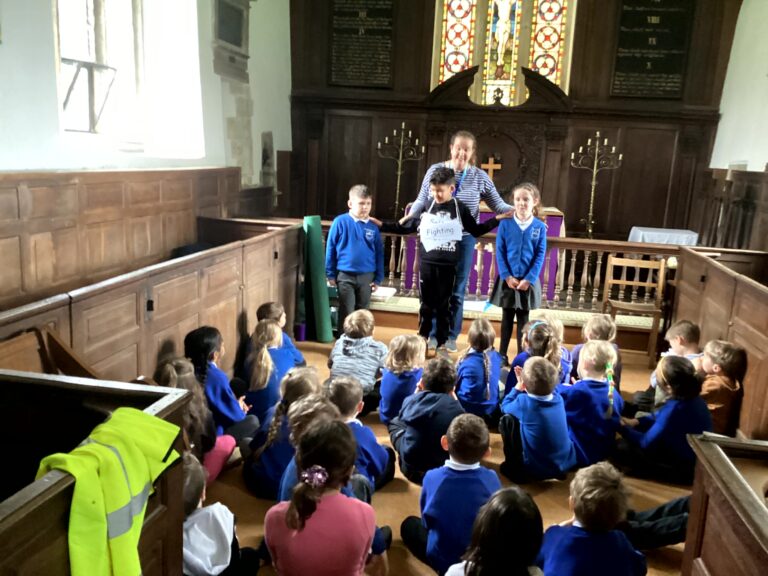
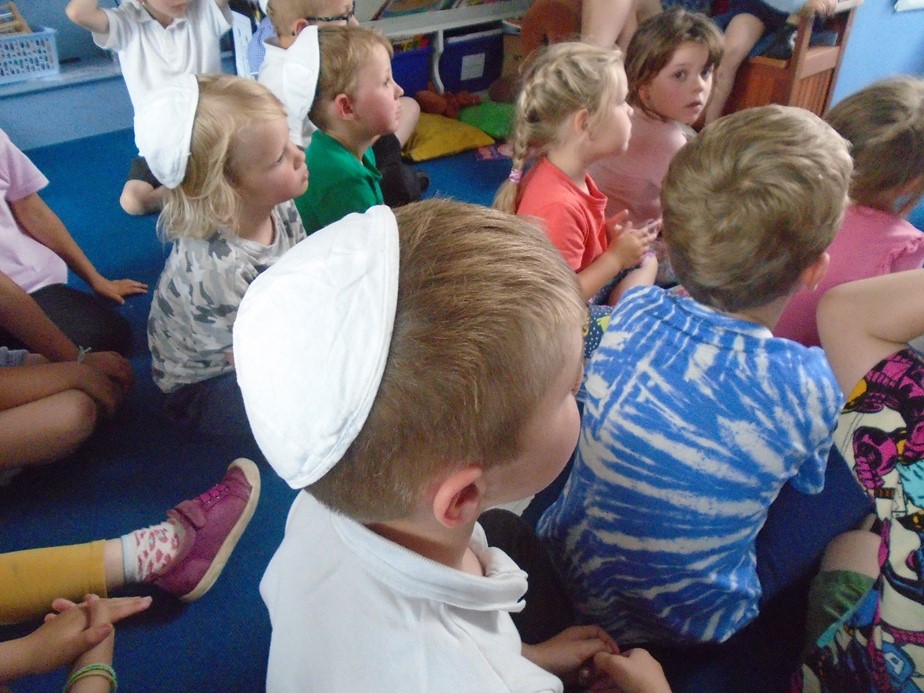
The concepts for Religious Education at Stratford-sub-Castle CE Primary School are:
- BELIEVING: what people believe about God, humanity and the natural world
- STORY: how and why some stories are sacred and important in religion
- LEADERS AND TEACHERS: figures who have an influence on others locally, nationally and globally in religion
- CELEBRATIONS: how and why celebrations are important in religion
- SYMBOLS & SACRED PLACES: how and why symbols, including places of worship express religious meanings
- BELONGING: where and how people belong and why belonging is important; understanding of different rites of passage for faiths
- MYSELF: who I am and my uniqueness as a person in a family and community; understanding right from wrong, accepting rules and boundaries; leading a ‘good’ life; communicating effectively and listening to others
Implementation: The school follows the Wiltshire agreed syllabus for RE. Learning is embedded through the development of knowledge and skills over time and through overlapping concepts. Unit of work are ‘blocked’ to allow for continuity of learning and to encourage pupils to become immersed in their studies. Links are made to other subjects, especially S.M.S.C and P.S.H.E. where relevant and appropriate. Teachers also ensure that the strands which run through the entire curriculum at Stratford-sub-Castle CE Primary School are woven through lessons, where appropriate.
We take an enquiry approach to RE. Units of work take an enquiry approach which is as follows: Engagement → Investigation → Evaluation → Expression. Teachers draw on a range of resources to support teaching which include visits and visitors where appropriate. The progression allows for effective planning and feedback.
Impact:
- Pupils Voice: Pupils show an enjoyment found in RE and the mature understanding of why RE is important to them. Pupils can comment on the importance of learning about other religions to enable respect for all people and differing religions. Pupils show enthusiasm towards sessions with ‘The Bridge Project’ where they engage with Christian stories and beliefs.
- Evidence in Knowledge: Pupils have a good understanding of the key features of different religions. Pupils are able to retell stories such as parables and Bible stories. Pupils are able reference current festivals such as Christmas and Diwali. Pupils are beginning to show their personal response though art and music.
- Evidence in Skills: Pupils can identify times when RE has made a difference to how they think and times when they have learnt a lesson that they can use in life.. All pupils can explain the value of RE and their responses were individual and reflective suggesting that RE is a safe space where they can explore and challenge their own beliefs and the beliefs of others. Pupil can use acquired vocabulary appropriately and can contribute to discussions. Pupils are less familiar with exploring big question.
- Breadth and Depth: Teachers plan a range of opportunities for pupils to learn RE and link to other areas of the curriculum.
SSC RE CURRICULUM MAP
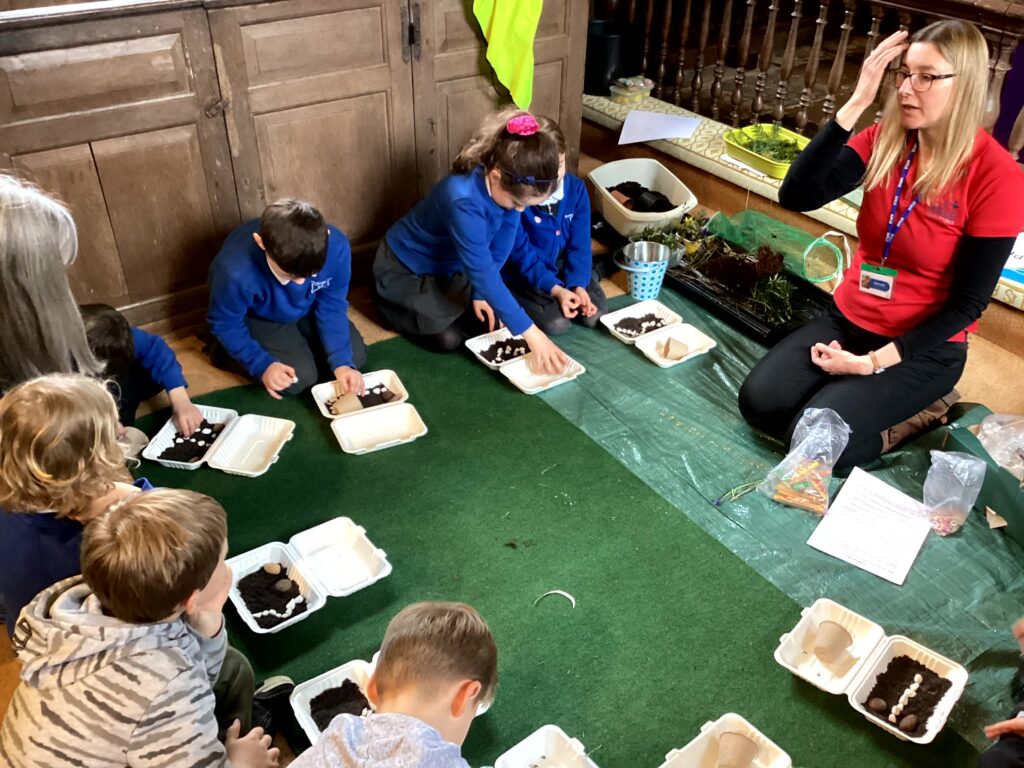
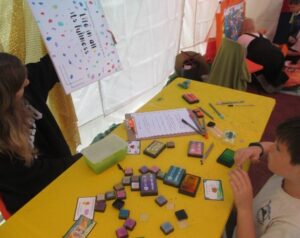
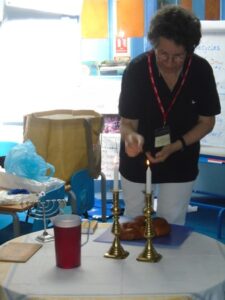
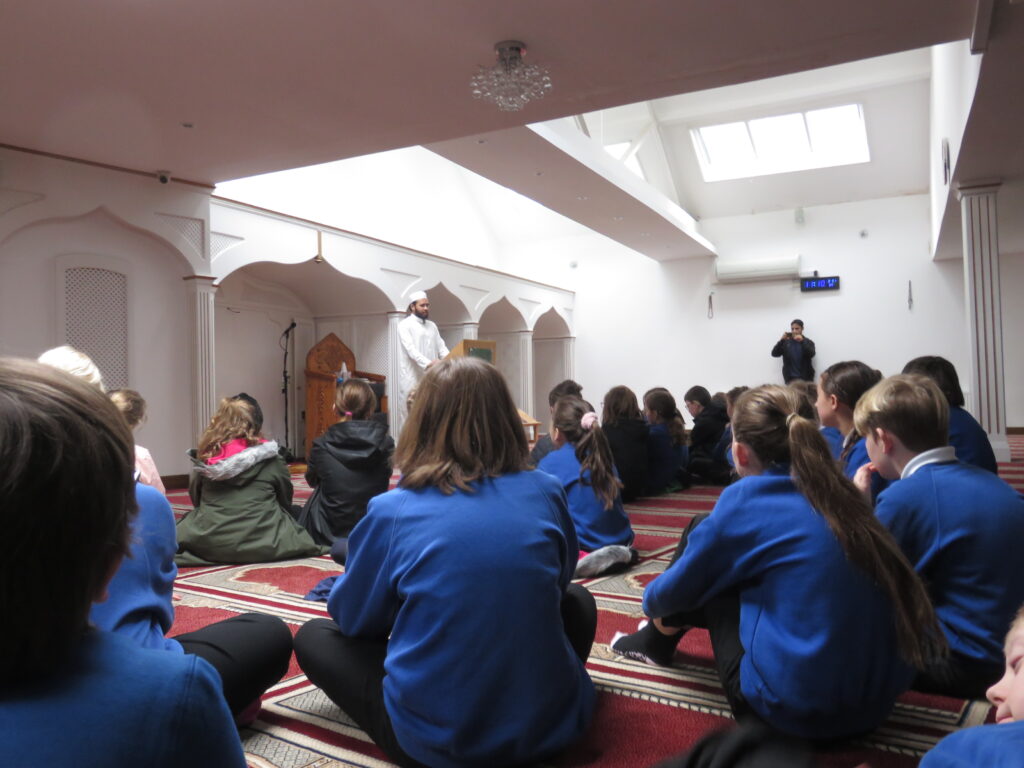
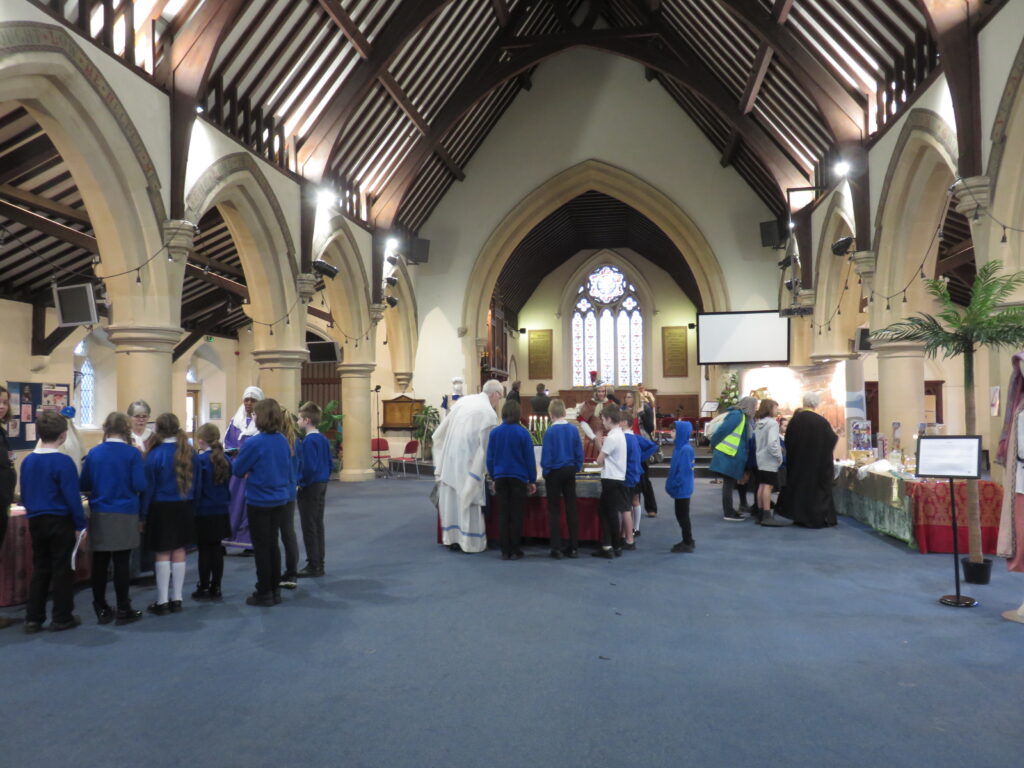
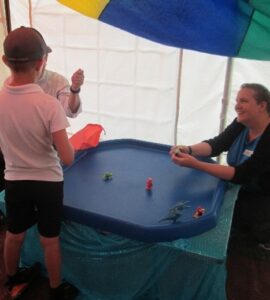
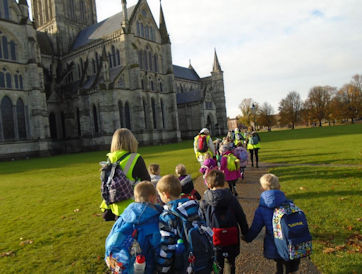
WIRE Award
We have achieved the WIRE Award (Widening Inclusivity in Religion) for our work in celebrating RE. Here is how we achieved this award:
- Robin Class visited Salisbury Mosque
- Mrs Basinger came in to speak to children in Butterfly Class and Fox Class about the Jewish Shabbat ceremony
- A whole school topic day based on our Christian Values (Peace, Love and Joy) and parables linked to them
- Taking part in the Prayer Space organised by ‘The Bridge Project’
